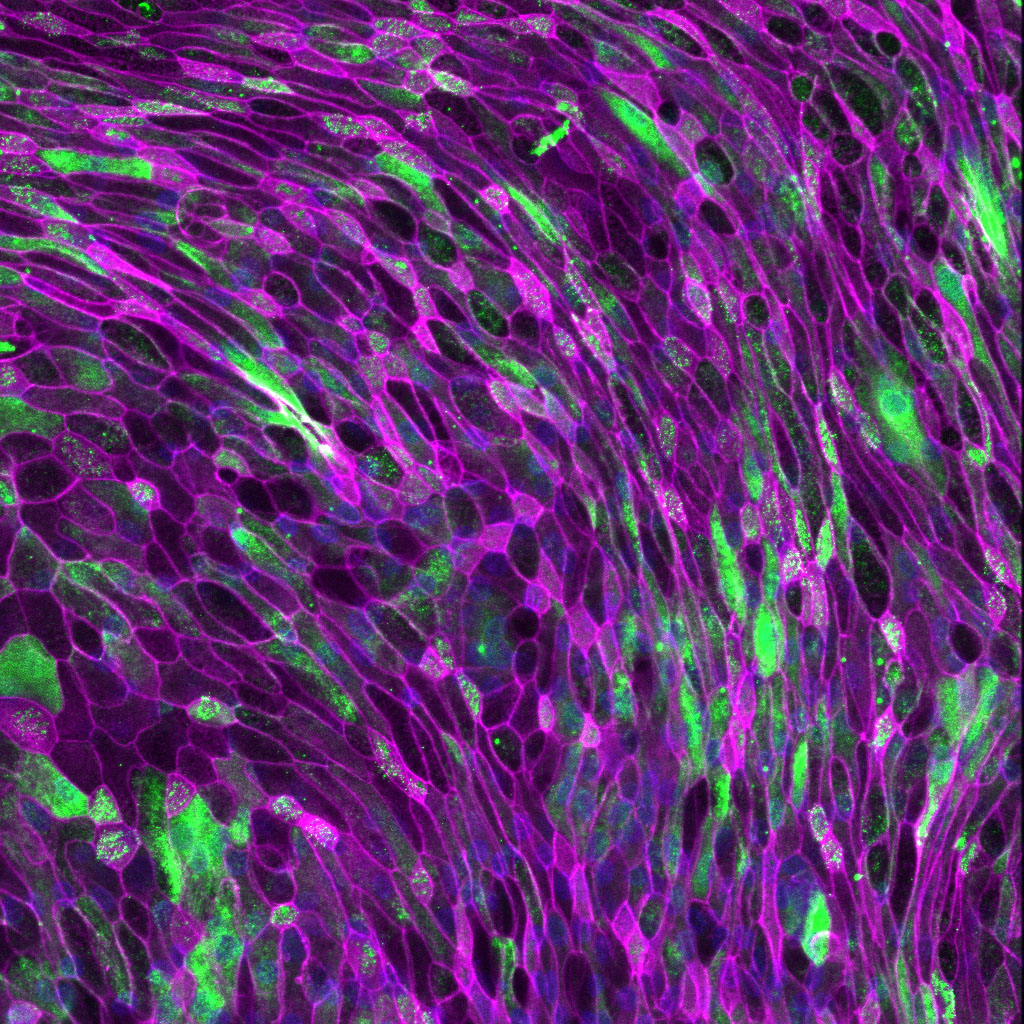How does the novel coronavirus SARS-CoV-2 cause vascular dysfunction?
The novel coronavirus SARS-CoV-2 is responsible for the disease COVID-19, which causes significant lung disease in patients.
Objective/mission (the vision)
Multiple reports have observed COVID-19-induced effects (symptoms) that are not directly associated with the lungs. These include cardiovascular disorders such as blood clots, blood vessel inflammation and leakage of fluid from vessels into tissues such as the lungs. These virus-induced vessel defects can lead to the death of patients with severe COVID-19. To prevent or better treat these symptoms, it is important to understand exactly how COVID-19-induced vessel defects occur.
Research approach (the initiative)
It is not currently clear whether SARS-CoV-2 can directly infect the blood vessels, or whether these vascular defects occur due to inflammatory responses. In this project, we will distinguish between these possibilities using a range of techniques from the cell biology and virology fields.
Impacts and applications
Identifying how blood vessels are affected by SARS-CoV-2 will rapidly identify new ways to treat patients with severe COVID-19.
Partners/collaborators
- Dr Kirsty Short, SCMB/UQ
- Dr Larisa Labzin, IMB/UQ
- Professor Kate Schroder, IMB/UQ
- Dr Anne Lagendijk, IMB/UQ
- Dr Maike Frye, University Medical Center, Hamburg, Germany


